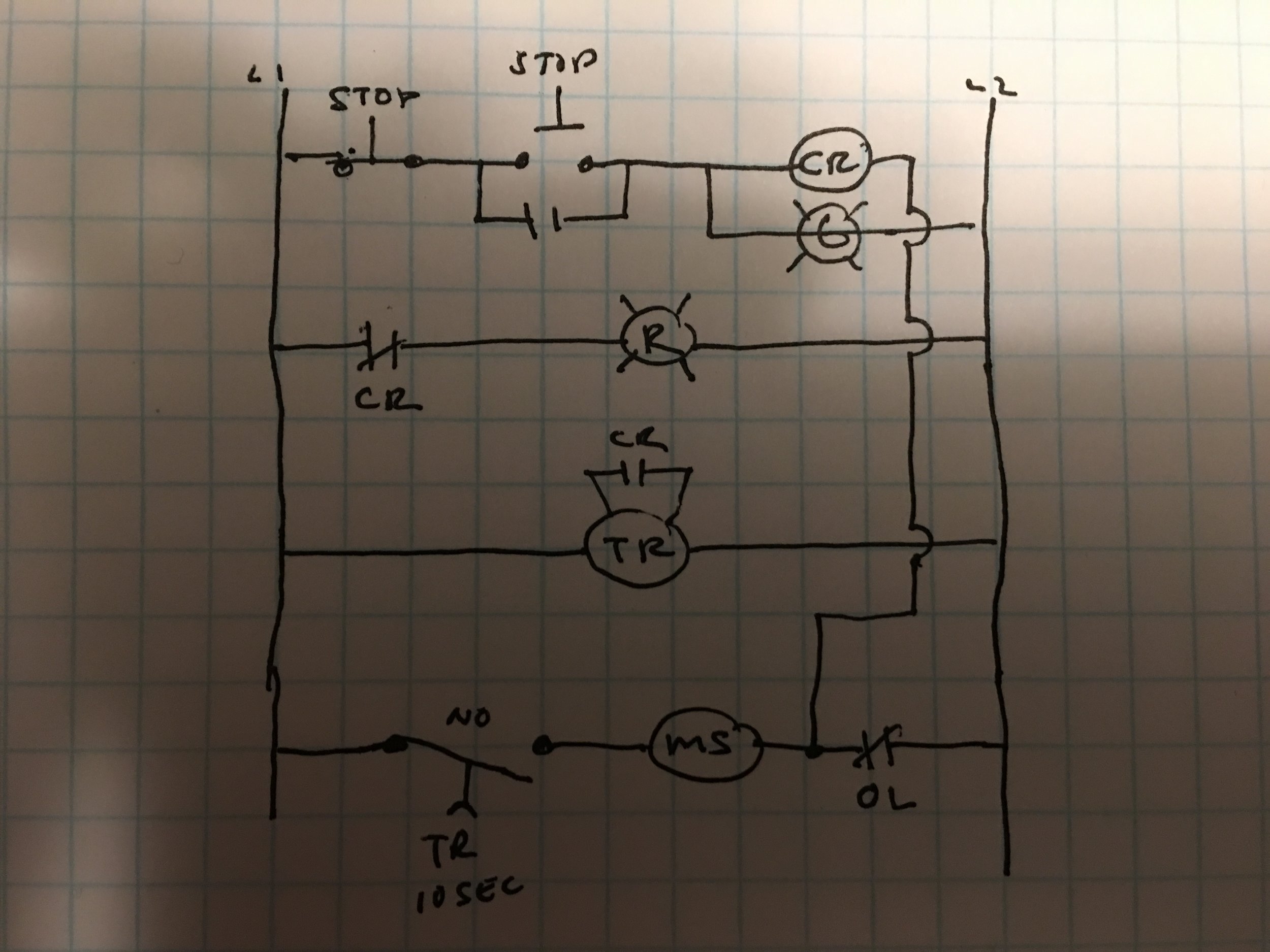The fork in the roadway of your electrical career - you remember it well - the point at which you chose what kind of electrician you were to be. Having been accepted into the apprenticeship and ushered with two dozen fellow apprentices into a large room at the training center, our instructors introduced us to that iron clad truth of the industry: no electrician could be both book-smart and skilled at electrical work. Good electricians don’t read or write particularly well, and book-smart electricians are electricians in name only. Every apprentice had to choose which electricians they’d be. Teachers teach because they can’t install, “book-smart” electricians make for lousy electricians, and good electricians make for awful teachers. To our budding electrical minds, the logic made sense.
I remember being made to take the blood-oath that bound me to one of two irreconcilable paths. Down one, I’d be an electrician on paper and, down the other, I’d be a craftsman. As a book-smart electrician I’d know the NEC as well as Mozart knew the piano, and be as familiar with Ugly’s as a project manager is with business causal attire. I was told that soon after the completion of my apprenticeship, I’d land a teaching gig at the training center or an office job. Either way I’d be nestled in the safety of climate-controlled comfort, a steady 72 degrees. Daily necessities would be done in a sanitized haven, as opposed to the corruption of a port-o-john. I’d remain removed from the dirt, grime and horrors that accompanied the frightful world of the typical electrical job.
However, no instructor or journeyman told me that by choosing to be a “book-smart” electrician, I’d resign myself to a lifetime of electrical mediocrity at best, or abject incompetence at worse. On those rare occasions I’d be allowed onto the job-site, I’d be shuttled with haste to the office trailer, where confined, I’d be set to office-like tasks: resolving obscure code questions, ruminating on the ideal font size and page-margins for a letter to the client and, ensnaring hapless passersby, to whom I’d burden with highlights from last year’s NFPA code conference and expo. When permitted to wield tools, or let anywhere near a triple nickel, I’d grow confused and agitated, and transform into a whirling, unpredictable menace to be avoided at all costs.
Choosing the other career path, being a good electrician, the end of my apprenticeship would mark my ascent to the Pantheon of electrical construction. I was told that in time, I would dazzle others with visionary foresight and an uncanny ability to manipulate any space according to my electrical will, on time and under budget. I’d develop a mastery of every technique, know backwards and inside out, every material known to the industry, and acquire such exquisite skill of every tool that fellow journeymen would swear I’d made the tool myself. Every bend and conduit conundrum that I resolved would leave my book-smart counterparts drooling with envy. I’d be Neo in the Matrix, toward the end of the movie when he defeats those creepy authoritarian types.
But as the case with the other path, there’s a catch. Our instructors neglected to inform me that what I gained in electrical skill I’d lose in book-smarts. My devotion to all things electrical would leave me functionally illiterate, my hobbies would center around large, diesel-run machines standing sentry in my shop, hunting, machines I take hunting, and the weekend’s cookout, sumptuously supplied by my Traeger. Having chosen the path of the good electrician, I’d be a virtuoso in the field but a knuckle-dragging troglodyte of books.
We all made our decision. We knew what it would cost and made our choice chose. Now we have to live with it. It’s a bummer, though - I kind of liked being smart.















